Mauritania Travel Guide & Itinerary
One week adventure in Mauritania. Explore Nouakchott, Eye of the Sahara, Chinguetti, and more. New E-Visa rules update.
Contents
- Things to do in Mauritania: a 7 Day Itinerary
- MAURITANIA VISA
- Nouakchott: Mauritania’s Remote Capital
- Essential things to do in Nouakchott
- Adrar Region: What to visit
- Heading to the Sahara
- The Eye of the Sahara or Richat Structure.
- Ouadane: Mauritania’s Forgotten Treasures
- Oasis de Tanouchert
- Exploring Old Chinguetti
- Terjit: A Hidden Oasis in Mauritania
- The Iron Ore Train Adventure
- Nouadhibou: Mauritania’s Coastal Hub
- Frequently Asked Questions and Travel Tips for Mauritania
Things to do in Mauritania: a 7 Day Itinerary
We travelled to Mauritania for one week, and it is a country where you can fully experience the Sahara in West Africa. I explored the country at the end of October when the tourist season is starting, as the best months are from October to March; then the temperatures are too hot for enjoying the desert. On my tour in Mauritania, we discovered the must-see landmarks: the capital Nouakchott, the Adrar Region, the Eye of the Sahara, walked through the dunes and the old city of Chinguetti, hopped on the Iron Ore train, and rested in Nouadhibou. On our visit to Mauritania, we had the opportunity to get to know the Mauritanian people and learn about their culture.
So let me guide you through this unknown country and explain what to do in Mauritania in a 7 day Itinerary. This trip was really an adventure in this off-the-beaten-path region. Let me assure you that it is worth to spend at least one week visiting Mauritania. I will share my own experience through the country, places to visit in Mauritania and some travel tips for this region. Mauritania is a country in Africa that I consider the door to the Sahara where you can visit those vast dunes and reach the Eye of the Sahara. A country in Africa like no other one (until I visited Eritrea, but this is an story for another day).
It’s important to note that the e-visa is now the main entry method for tourists visiting Mauritania. All foreign nationals (except a few neighboring African countries) must apply for an e-visa before traveling. Visa on arrival is no longer available.
UPDATE in 2026! The e-visa is now the main way for tourists to get a Mauritanian visa. All foreign nationals (except a few neighbouring African countries) must apply for an e-visa before travelling. Visa on arrival is no longer available from January 5, 2025, so make sure your passport is valid for at least 6 months beyond your entry date into Mauritania (a standard rule). If you arrive without an approved e-visa, airlines may not let you board, or immigration might refuse entry. Access the Official Portal: Go to the ANRPTS e-visa website: https://anrpts.gov.mr/visa/requestvisa .
MAURITANIA VISA
Here is the exact protocol to ensure you don’t get turned away at the border:
1. The New Rule: Apply Before You Fly
Since January 5, 2025, the pure Visa on Arrival (where you fill out forms at the counter) is discontinued. All travelers (except citizens of select neighboring African nations) must submit their data digitally in advance. Airlines are now instructing check-in staff to deny boarding to anyone traveling to Nouakchott without a digital approval status.
2. How to Apply
Official Portal: Go to the ANRPTS e-visa website: https://anrpts.gov.mr/visa/requestvisa
Timing: Apply at least 72 hours before departure. While some approvals are instant, manual reviews are common.
3. The “Print” Mandate (Critical Step)
This is where most travelers fail in 2026. Do not rely on showing the PDF or QR code on your phone.
Hard Copy Required: Border officials frequently refuse to look at digital screens. You must present a physical, printed copy of your “Approved” notification.
The “Approved” Trap: The system does not always email you automatically. You must manually log back into the portal to check your status and download the document.
4. Payment is Still Cash-Only
Despite the digital application, you cannot pay online.
Cost: The standard 30-day tourist visa is €55 / $60.
Exact Change Only: This is non-negotiable. Airport police rarely have change. If you hand over a €100 bill, do not expect to get the difference back. Bring the exact amount in clean, crisp notes.
If you are looking for information about the famous Iron Ore train, I will dedicate a post about that experience and how to prepare yourself.
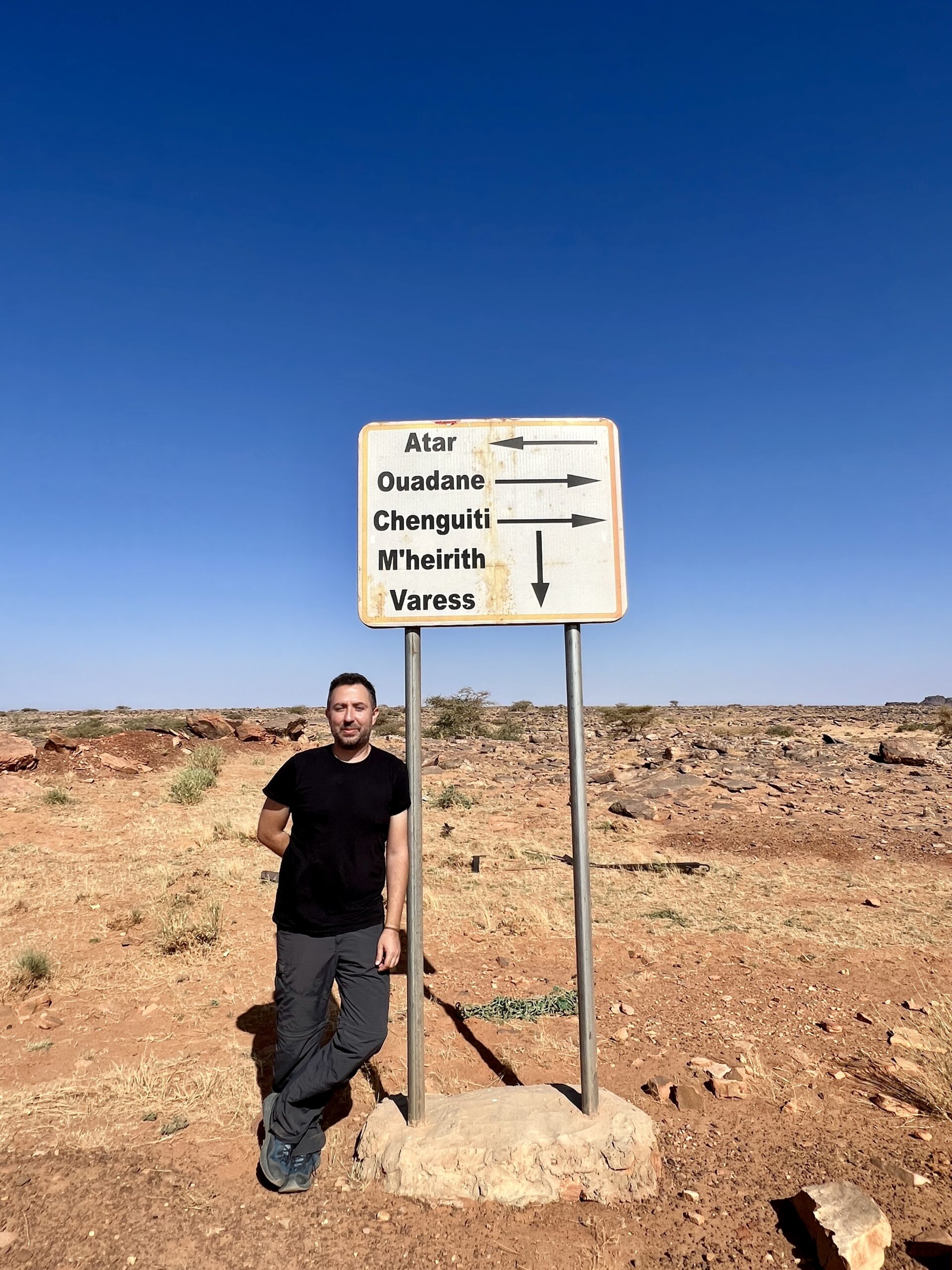
The easiest way to reach Mauritania is by flight through Nouakchott airport, the main international airport in Mauritania. Direct flights are available from:
· Paris (France) with Air France.
· Casablanca (Morocco) with Royal Air Maroc.
· Las Palmas – Canary Islands (Spain) with Binter.
· Dakar (Senegal) with Air Senegal and Mauritania Airlines.
· Tunis (Tunisia) with Tunisair.
· Istanbul (Turkey) with Turkish Airlines.
Pro tip: Do not book a flight to/from Nouadhibou, as the airport is not operational. Although you may find online tickets indicating flights from this city to Las Palmas in the Canary Islands, for example, these should be verified for accuracy.
Nouakchott: Mauritania’s Remote Capital
You will be landing in the capital of Mauritania, Nouakchott (place of the winds), as it is the only international airport. From the airport, it is around a 30-minute drive to the city where I advise you to start exploring Nouakchott. Although this city is the capital, if you have limited time, you will only need one day to explore the main highlights during your visit to Mauritania.
Where to stay in Nouakchott
Our accommodation was the Le K – Maison d’hôte a modest auberge with clean rooms, good wifi and a nice garden to relax during the warmest hours of the day. If you prefer a good hotel, check the Sunset Hotel or Premium suites Marrakech accommodation. If you want to know more about accommodation in Nouakchott or Mauritania, feel free to contact me.
Getting Cash in Mauritania
On our tour in Nouakchott, we started visiting the main market of the city (“Marche Capitale”). Here, we exchanged money, they only take US Dollars and Euros, do not try with other currencies. Outside of the city of Nouakchott is mainly a cash based economy, credit cards can be used at a few hotels in Nouakchott and Nouadhibou and mainly only Visa cards. The name of the currency is the Ouguiya (MRU).
Essential things to do in Nouakchott
In the same market, you can also try to get a SIM card with data that in my experience worked pretty well in the regions of the country that I visited. The Wifi in the hotels can be limited.
Marche Capitale
Then, We explored the Market in the city, although I was not impressed. Near the market, you can find the tallest building in the country, Al Khaima City Center, an 11th-floor building. You walk inside and go to the top floor where there is a terrace, and you will have a clear picture of Nouakchott, the capital of Mauritania. You can see that the city does not have tall buildings and it is quite flat and also very arid due to the desert.
Mosquée Saudique
Another landmark to visit in Nouakchott is The Saudi Mosque (Mosquée Saudique), one of the most significant highlights in the city. It was donated by Saudi Arabia: The mosque was a gift from the Saudi government and built in the 80’s. In my opinion, it wasn’t special, having visited other spectacular mosques around the world.
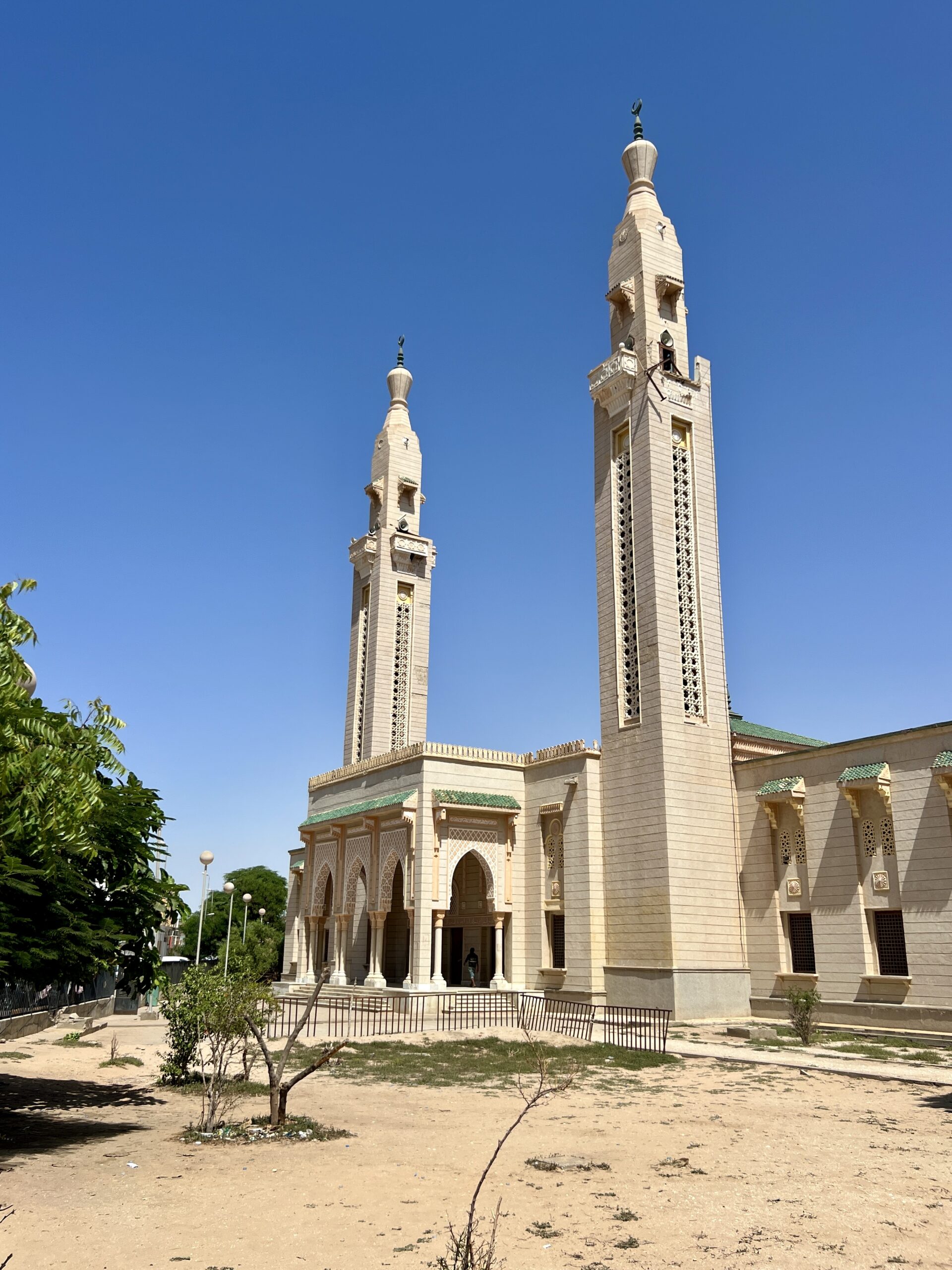
Port de Peche
Then, we visited my favourite place of Nouakchott, Port Peche and the Fish market. This is the best thing to visit in the capital of Mauritania in my opinion. You can walk around this bustling market and beach where the fishermen sell their captures of the day. It is a really good experience for knowing Mauritanian people and talking to them. You will also see the typical colourful boat – Cayucos – of West Africa that fishermen use. For photographers it is also a Must-see place in Nouakchott, although be careful and respectful when taking photos of people (there are some guards that would not like to see you taking photos). You can go one or two hours before sunset and spend the time there, observing the people and their daily work. Alternatively, you can visit it early in the morning when the Fishermen return from the sea.
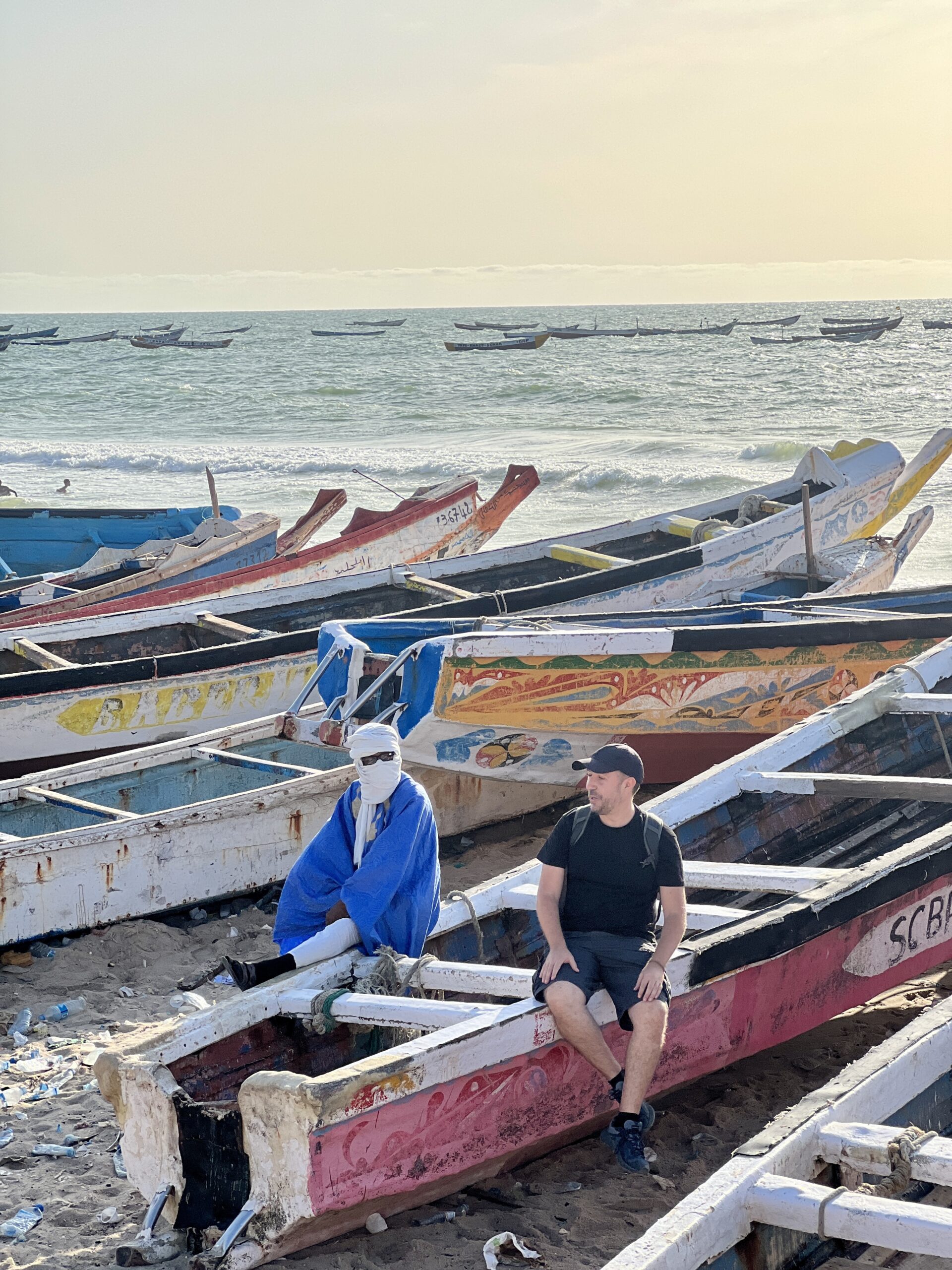
Sultan Beach
If you want to relax and have a good lunch with Mauritanian famous fish dishes, you should go to Sultan beach, it is a forty-minute drive from the city. It is considered the best beach around the capital and even if you like active tourism you can go there for lunch and try their delicious fish dishes, a good example of Mauritanian food too. After all, during your visit to Mauritania, you should try their delicious fish dishes.
If you also have spare time and you want some souvenirs, you can visit the Craft market in the city. And also the famous camel market.
Adrar Region: What to visit
On our Second day, we drove 6 hours towards the Adrar region. The landscape is quite rocky and arid. Atar is the capital of the Adrar region and the gateway to the Sahara. The region offers opportunities for camel rides and desert camping, allowing experiencing the vastness and beauty of the Sahara. In Atar, many buildings are constructed using locally sourced materials such as adobe, giving them a distinctive appearance that blends with the desert landscape.
Pro Tip: In Atar, the main city in the Adrar region, you can find a small supermarket to buy snacks or food for your visit to Mauritania. It’s also a good place to purchase local clothes, blankets, or mats for the Iron Ore train journey.
Sunset at Atar Teyart
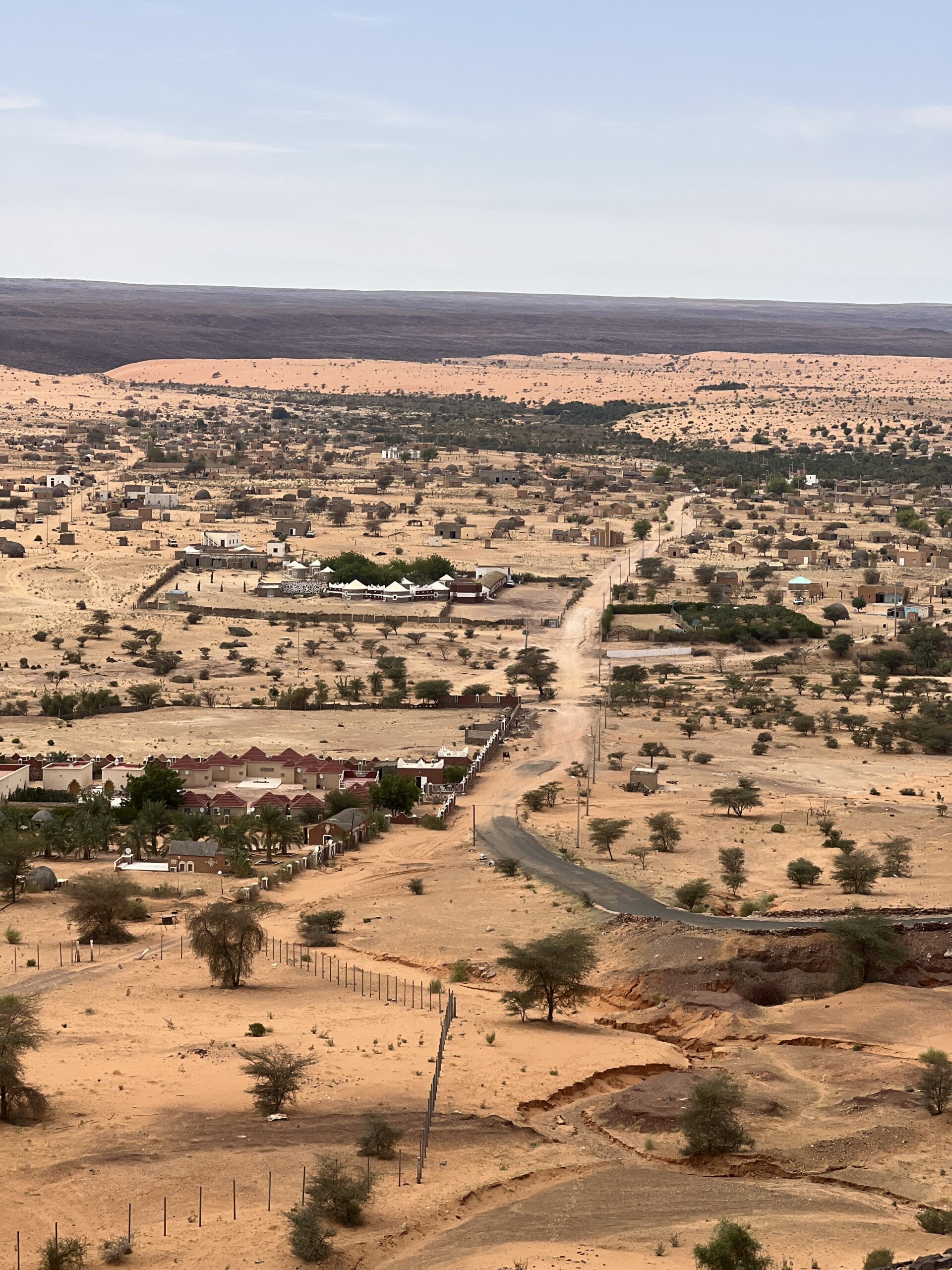
In the main roundabout of the Atar city, you spend some time talking to locals and exploring the market. After the driving day, and spending some time in Atar, we went to a view point before sunset where you can observe the vast region and some of the oasis. This viewpoint, Atar Teyart, is perfect for sunset. You will walk 5 minutes through a rock formation and then enjoy the views. This point is easy to find between Atar and Azougui. Here is the link location to Atar Teyart
For accommodation, you can find hotels in this area, in Azougui (5 minutes drive from Atar) There are a couple of really nice auberges with clean rooms and ensuite rooms. We stayed in the Auberge et Hôtel Atar, Étoile du Nord
During the night, in your auberge (hotel) you can lay outside (the temperature should not be too cold) and observe the stars and Milky way. This is a privileged position for stargazing due to the lack of light contamination, in the end, you are in the middle of the Sahara at this point.
Heading to the Sahara
On our third day, we drove to Oudane (it is a three hour drive from Azougui) . On your way you can stop in Agrour to see the rock painting of Agrour Amogjar. The rock art in Agrour is of significant historical importance, providing evidence of the region’s early inhabitants and their ways of life. The paintings offer clues about hunting practices, religious beliefs, social structures, and artistic expression during prehistoric times.
On our third day, we heade to Oudane, a three-hour drive from Azougui, during our visit to Mauritania. Along the way, you can make a stop in Agrour to explore the rock paintings of Agrour Amogjar. These ancient artworks hold significant historical importance, shedding light on the early inhabitants of the region and their way of life. The paintings provide valuable insights into hunting practices, religious beliefs, social structures, and artistic expression during prehistoric times.
However, I was not impressed by these rock paintings as they are partially eroded and quite exposed to the weather.
We finally reached our destination in Ouadane and left our stuff in the accommodation: Auberge Vasque chez Zaïda. The auberges or hotels are quite limited on Oudane (there must be 3 or 4 accommodations in the town.
The Eye of the Sahara or Richat Structure.
From Oudane, we will visit one of the main highlights in Mauritania. The Eye of the Sahara or Richat Structure. It is less than 1 hour driving through dunes, if your car is a Hilux you can go on the back to enjoy the desert (unless it is too hot). If you want to read further information about visiting the Eye of the Sahara, you can read this post.
The Eye of the Sahara is a deeply eroded rock formation, a slightly elliptical dome with a diameter of 40 kilometres. It was found in the twenty century; however, for our local guides, they told us that they are just mountains without any significance as now there are many theories from foreigners.
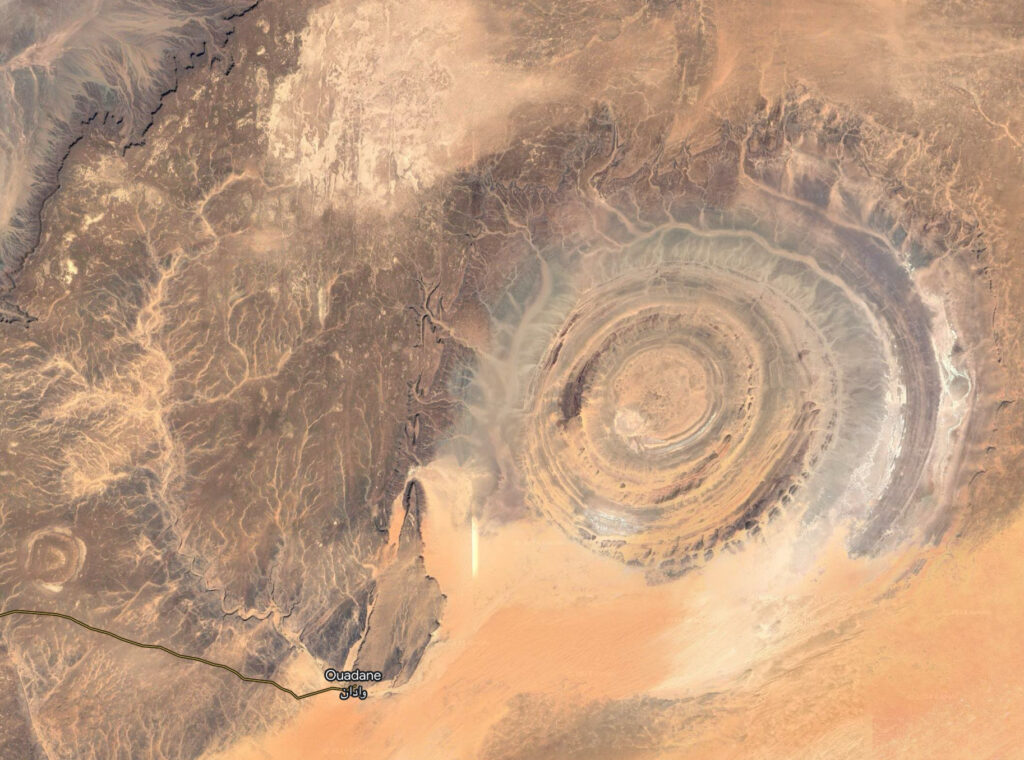
It is easily recognizable from space due to its distinctive circular shape; however, once you are there in the centre, you will not see or appreciate the circular structure as it is too big to observe from land.
Two things attract my attention, the landscape looks like planet Mars and also in the centre of the eye, you can find volcanic rocks implying that there was some lava formation. I was also told that to observe better some scientist or photographers hire a helicopter from Nouakchott.
There are many theories about the Eye of the Sahara: initially, it was thought to be an impact crater created by a meteorite strike, but further research revealed its true origin as a geological dome. It was also, at some point, implied that it was the location of Atlantis described by Platon.
After midday, the temperatures started to rise, so we went back to Oudane to have lunch and rest a bit before visiting the old city of Ouadane.

Ouadane: Mauritania’s Forgotten Treasures
A few hours before sunset, we visited the ancient trading and religious centre of Ouadane, a UNESCO World Heritage Site. We explored this small town for two hours, and you can still access the old mosque and visit the New mosque in the north part of the town. You can walk freely through those old streets surrounded by tall walls.
Ouadane was founded in the 11th century as a trading post along the trans-Saharan trade routes. It played a significant role in the trade of gold, salt, and other commodities between West Africa and North Africa. Despite its strategic location, Ouadane began to decline in the 17th century due to changes in trade routes, becoming a ghost town by the 20th century.
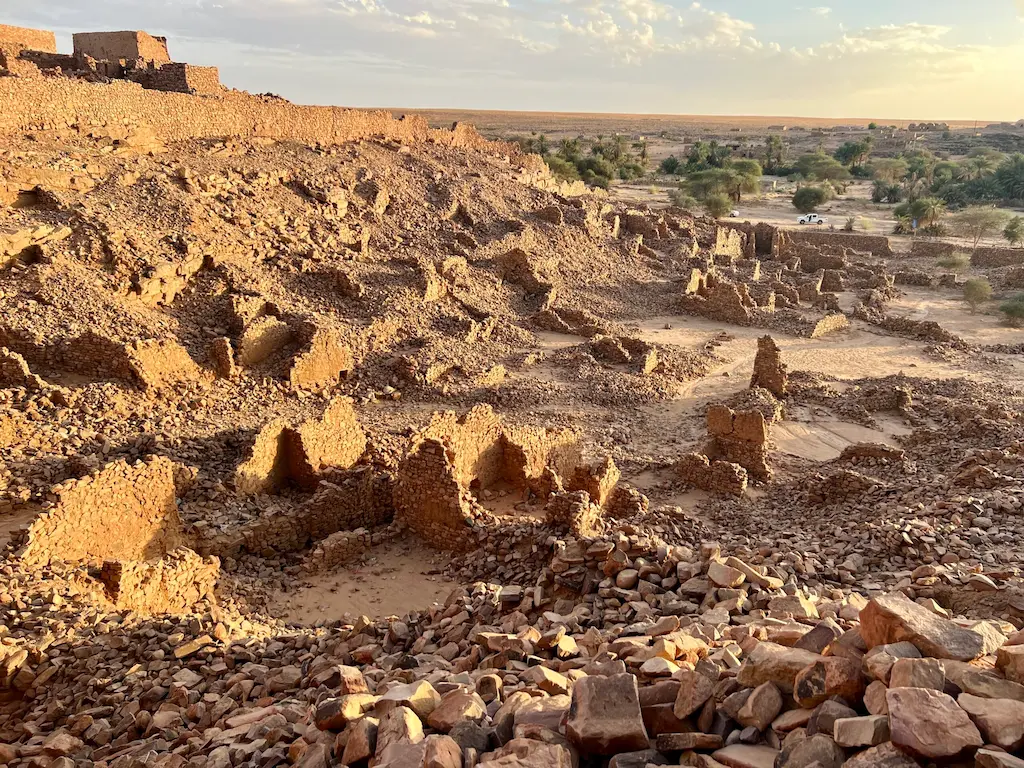
On the West part of the town, you can still visit the old well used in the past inside this fortified town. Around the city you will also see local people that live around and you can walk safely in the town.
After Sunset, we had our dinner in our Auberge Vasque, and after that, some local people were performing music for our groups and invited us to dance with them. I totally recommend travelling with a group or tour to Mauritania and Adrar region specifically.
Oasis de Tanouchert
Next morning we woke up early and we drove to Oasis de Tanouchert. Driving through the desert was an amazing experience. Only locals know how to guide themselves through the dunes, do not try yourself as you can be stuck on your own in the middle of the Sahara.
After driving 1 hour, we reached the Oasis of Tanouchert, a very small town created around an oasis in the Sahara. We explored the town and found a school for kids that they invited us to their classroom. It was just a building with two classrooms for all the kids in the area. We spent the morning with the locals and continue our trip to Chinguetti.

Exploring Old Chinguetti
Then, we kept driving through the dunes and the Sahara and finally found the old city of Chinguetti. The old city is another UNESCO world heritage site. Chingetti was also founded as a trading post in the 13th century. And it became one of the most important trading hubs in the region.
As I was told by our local guide, the sand dunes has covered the ol/d city a couple of times and the city has been moved from its original location. Tourists usually stay in the new part of Chinguetti and then you will visit the Old Chinguetti. Our accommodation was Auberge Eden chez Mahmoud Ould Beija
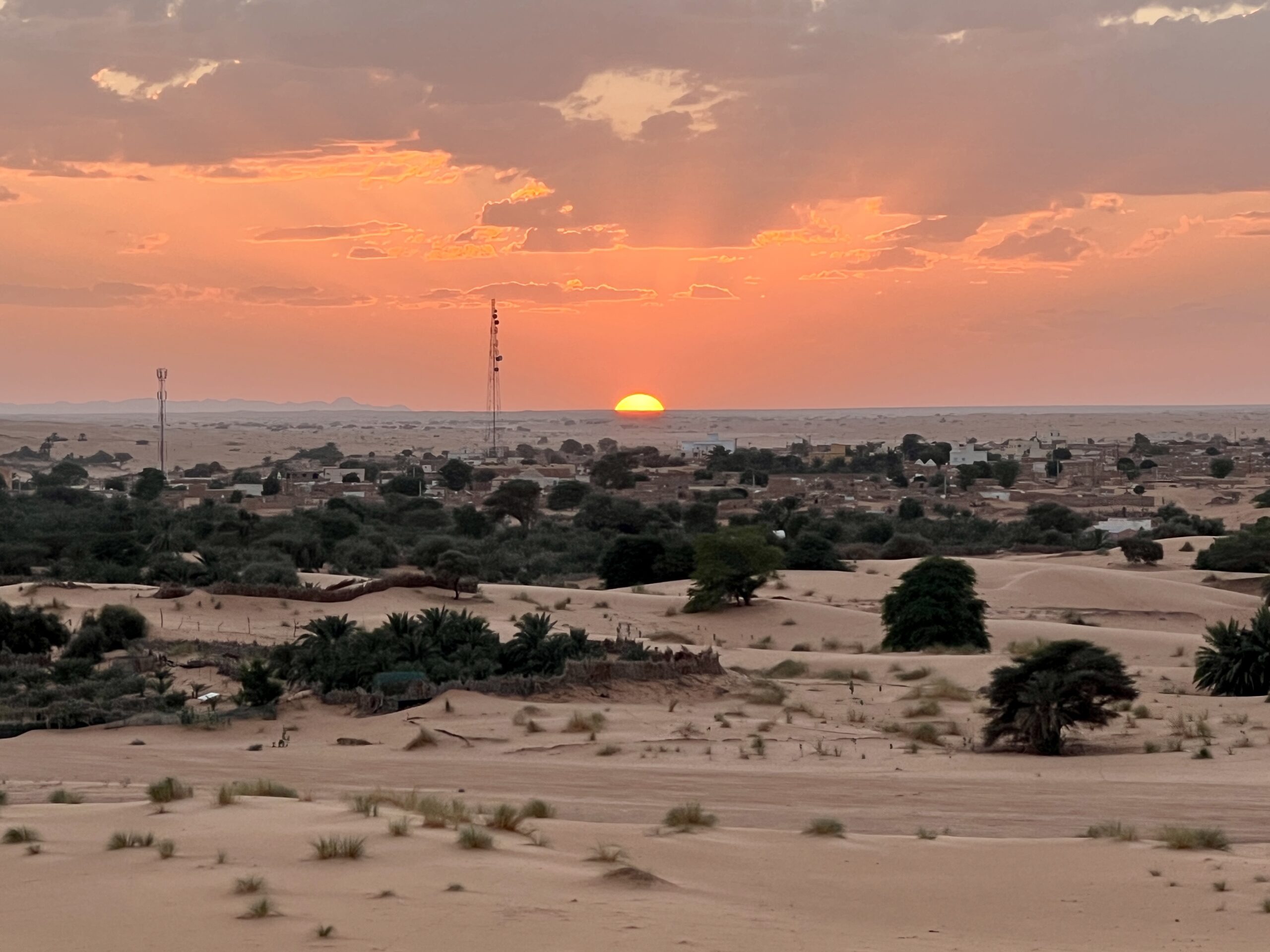
In the Old Chinguetti, you can visit the library and the Friday mosque. Chinguetti was renowned as a centre of Islamic scholarship and learning in West Africa. For centuries, the city was a principal gathering place for pilgrims of the Maghreb to gather, on their way to Mecca. It became known as a holy city in its own right. It is known as the seventh-most holy city of Islam. The city remains one of the world’s most important historical sites both in terms of the history of Islam and the history of West Africa. Today, five of these original libraries remain, and a team of loyal custodians humbly guards more than 1,000 priceless mediaeval Quranic manuscripts from the sand. In one of the libraries, they will show some of those old manuscripts.
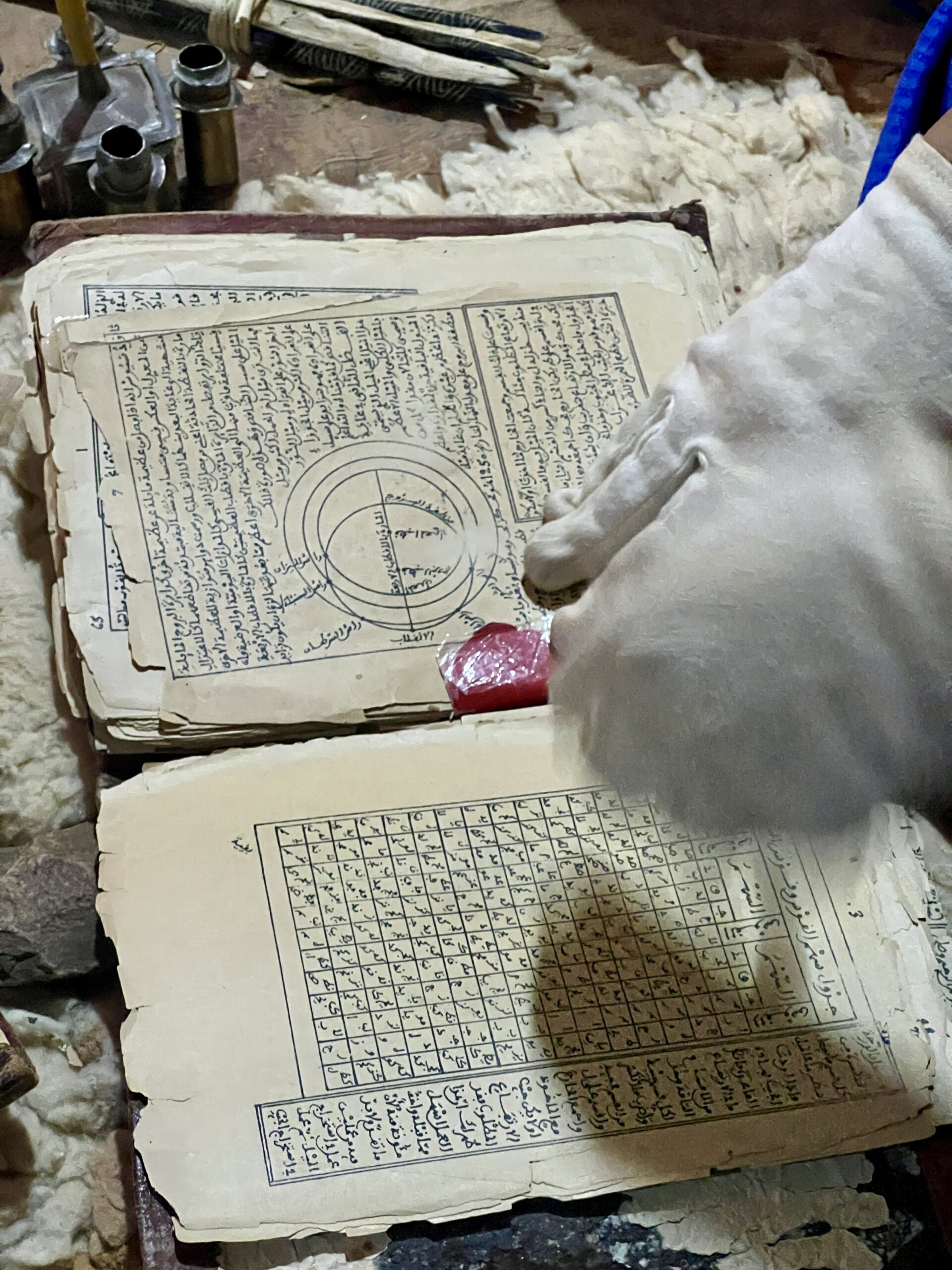
Before sunset, we went to the dunes near Chinguetti where we had a clear view and idea about how vast the Sahara is. The dunes in Chinguetti are the perfect spot for having tea and enjoying the sunset. Just remember that the old town of Chinguetti will be covered by the sand and dunes in a matter of decades, so do not miss the opportunity of visiting this unique place.
During my trip, we also went to the dunes after dinner with a few mats and we just lay on the sand observing the stars, another privileged spot in the world where you can have a perfect clear sky during the night.
Terjit: A Hidden Oasis in Mauritania
Another day and we started our route to the north of Mauritania. But before the long drive, we will stop for lunch in Terjit Oasis. A place that you cannot miss in your visit to Mauritania. I totally recommend even to spend a full day relaxing and sleeping there. This oasis is hidden in the desert next to a mountain/canyon. Here, you can enjoy swimming in the refreshing pools, relaxing in the shade of palm trees, and hiking in the nearby mountains.
I was positively surprised with the Terjit oasis in the Adrar regions and it will be one of my Must-see places in Mauritania. The oasis is very near to Atar. So we drove to Atar one last time to pick up some provisions and preparing our Train ride before going to Choum in the north.
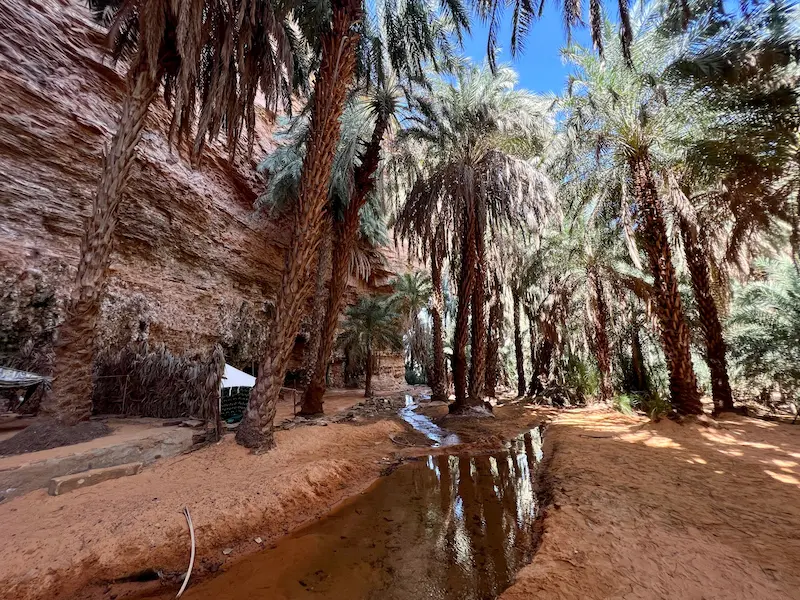
In Atar, just make sure that you buy a couple of litres of water and a few snacks, mats and blankets before heading to the train adventure.
The Iron Ore Train Adventure
While waiting in Terjit, we had a contact that informed us when the Iron ore train was leaving Zouerat (the starting point of the train) so we could start to drive towards Choum. Driving to Choum from Atar (or Terjit) is only 2 hours, so we made sure that we arrived on time to catch the Iron Ore train.
Just to provide a bit of context. The Iron Ore Train transports iron ore from the mines in Zouérat, in the northern part of Mauritania, to the coastal town of Nouadhibou, where the ore is loaded onto ships for export to international markets.

The Iron Ore Train is one of the longest and heaviest trains in the world, with some trains consisting of more than 200 wagons and extending almost 3 kilometers in length. However, please note that for you do not need to do this part of the travel to enjoy your visit in Mauritania.
Why is the Iron Ore train in Mauritania famous?
Nowadays, this train appears in several videos on YouTube by travel bloggers. Despite being primarily a cargo train, the Iron Ore Train has become a traveller attraction in Mauritania. Travellers can ride on top of the ore wagons, having breathtaking views of the desert landscape.
Journey Across the Sahara
I travelled myself on top of the train from Choum to Nouadhibou, lasting around 12-14 hours. If you take the train from the starting point In Zouérat expect to ride for around 20 hours. You have to take in consideration all the advice provided about riding this train. I will write a specific post with some extra tips that can facilitate this ride, but please note that using this cargo train for travelling is not totally safe and you have to take some precautions.
Local people also use this train to navigate through the desert. The majority of the time the train is going next by the Western Sahara border.
In my experience, we took the train at 8 in the evening and it was already dark. So it was a bit chaotic in the beginning as we did not have enough light to organise ourselves. Before the train arrived at Choum there were a couple of wagons on the side tracks that we used to practise how to climb on top of the wagons transporting the iron ore.
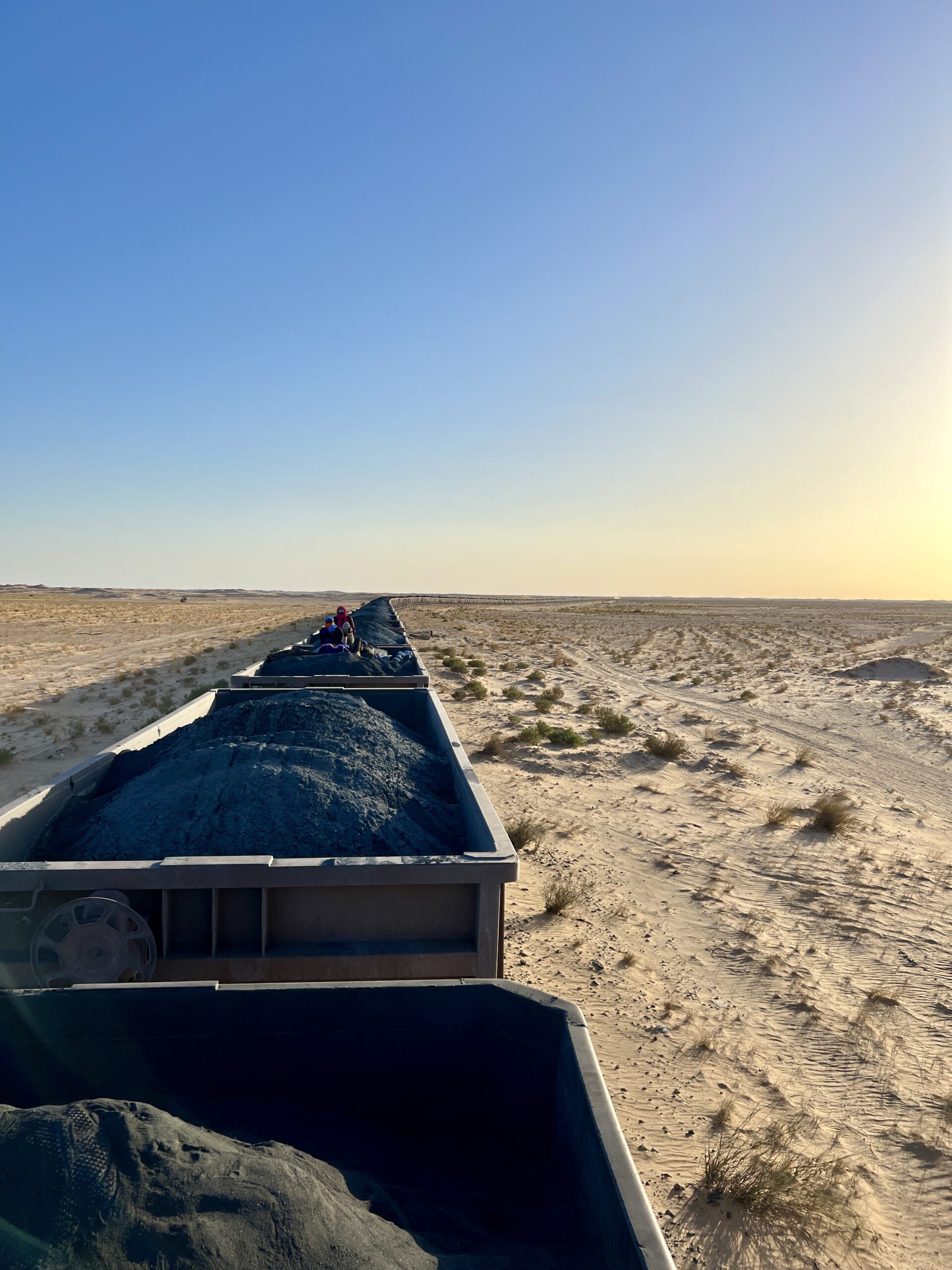
So, after the initial adrenaline of taking the train and organising ourselves, we just enjoyed the views of the stars during the night. Then we tried to sleep the majority of the night until sunrise. Then it was when the fun started. The Sunrise was amazing, allowing us to take spectacular photos of the train and the desert.
In the end, before 11 in the morning we arrived in Nouadhibou where our local contacts were waiting for us to take us to our hotel. Here, we took a shower and rested a few hours before lunch.
Nouadhibou: Mauritania’s Coastal Hub
Then, we explored Nouadhibou, which is just a port city (and the second largest city of Mauritania).
Pro Tip: Nouadhibou Airport. Even though it seems that there is an airport in this city and you can purchase a flight ticket from here to Canary Island, do not even try. The airport is closed and it is not currently operating.
The main attraction in the city is the Fishing harbour with Senegalese boats. You can visit this bustling port but keep in mind that they do not like foreigners walking around the port and watching the fish boats or sales. Take in consideration that there are some security checks, so do not try to enter restricted areas. And also any guard will take your phone or your camera if they see you taking photos of the place.
Although it may seem somewhat hostile, it is worthwhile to walk and explore, but avoid wandering around in large groups. You can take taxis or flag down a car and negotiate a price for transportation. Besides, Nouadhibou is a large city with several options for hotels, accommodations, and restaurants available. They serve mainly fresh fish, the specialty of Nouadhibou.
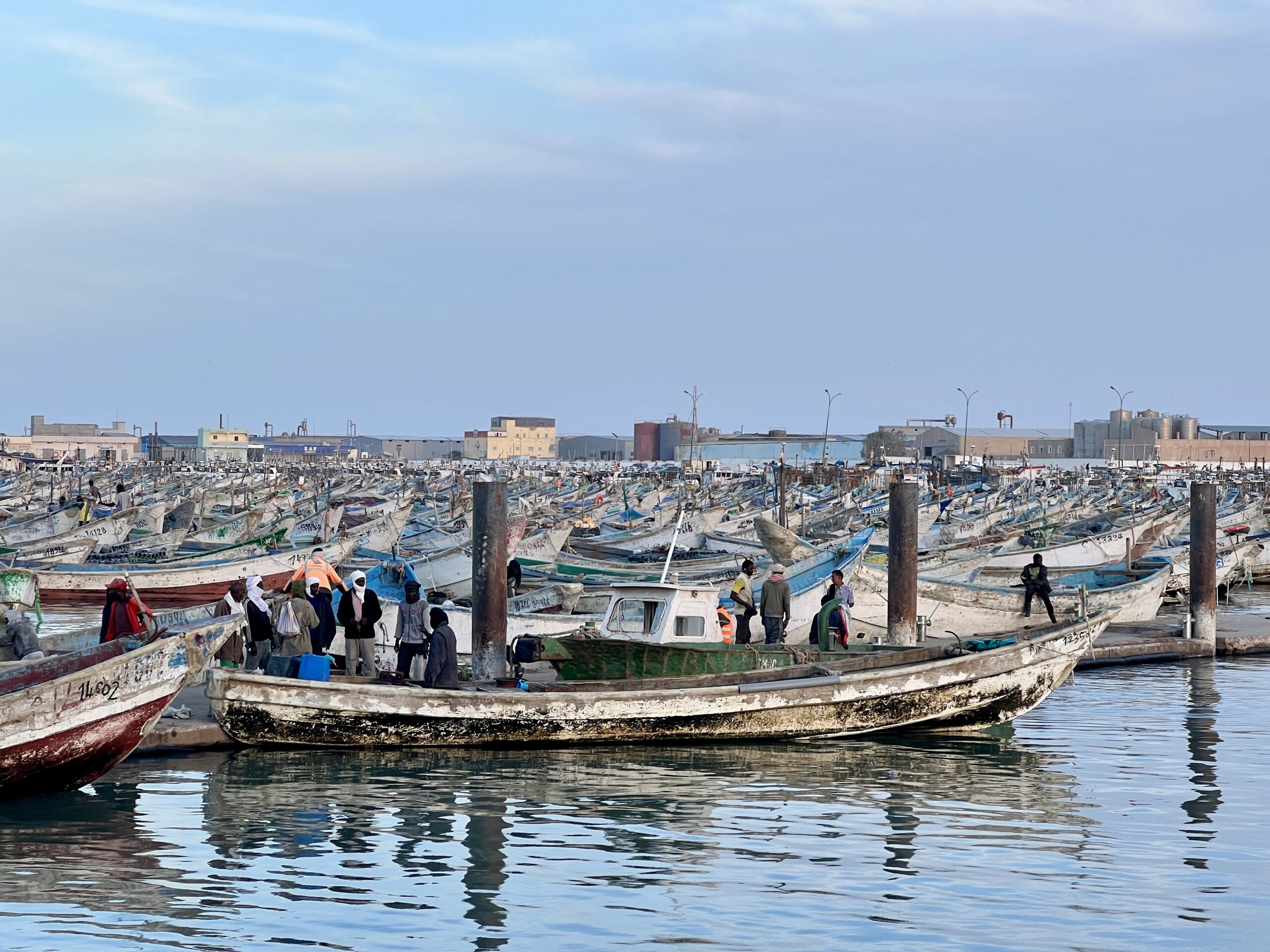
This was the end of my trip in Nouadhibou. After visiting the city, we returned to Nouakchott, a six-hour drive by car. On your way to the capital, you can stop at Sultan Beach to have lunch. (One of the best beaches in the whole country with delicious fish dishes).
We spent one more day in the capital of Mauritania, Nouakchott, but the city that does not have too much to offer. Therefore, it was time to end our visit to Mauritania. From here, we took a flight to Dakar and left the country.
Frequently Asked Questions and Travel Tips for Mauritania

Mauritania is a great country to visit if you want to explore the western side of the Sahara. Many young travellers come solely for the Iron Ore train adventure, but the country has much more to offer. So, in a week, we visited the highlights of Mauritania: the capital Nouakchott, the Sahara, the Eye of the Sahara, the old trading cities of Ouadane and Chinguetti, and enjoyed the Iron Ore train.
I have to say that without our local guides, this expedition would not have been possible. They helped us with the logistics, and showed us some places off the beaten path that we could not find in any guidebook or travel blog. So, if you want to go by yourself, make sure you have the necessary contacts.
I also recommend having a good amount of cash as not many places accept credit cards. Euros and US Dollars are widely accepted. Make sure you have enough water and food for the trip as well.
It was really an unforgettable adventure trip in an unknown country with its vast desert. The visit to Mauritania was an Expedition that is worthy to kljhzvxcnat least one week.
The western regions (Nouakchott and Nouadhibou) and the Adrar Region are relatively safe for tourism. However, we always recommend visiting Mauritania with a reliable tour company, as they are better aware of the current situation and know which areas you can visit safely. That said, always check for any current advisories online. Mauritania is open to tourists and, in my opinion, is safer than people expect. The regions not recommended to visit, such as the Far North and Far East, are not included in tours offered by agencies and are too far for most foreign travelers. The number of tourists is still very low, but this is a good opportunity to visit a country that does not have massive tourist crowds, although every day there are more agencies offering trips to this destination. Although there has been an active fight against the terrorist phenomenon in recent years, and cases of kidnapping have been minimized, it is still important to remain vigilant.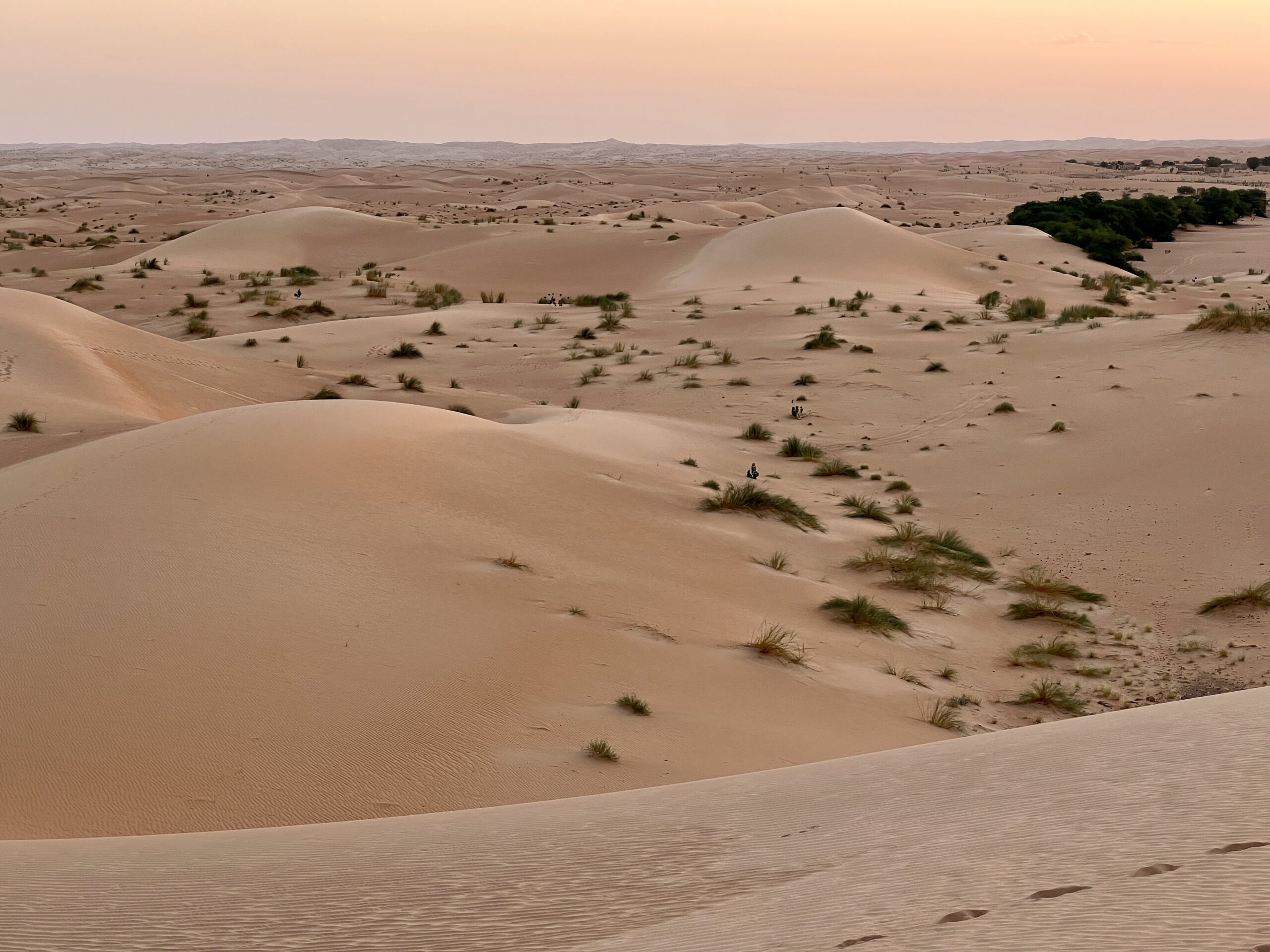
The duration of your visit to Mauritania depends on your interests and the places you wish to explore. Generally, a well-rounded trip should last at least 7 days. This allows time to visit key attractions such as Nouakchott, Chinguetti, Oudane, the Eye of the Sahara, and venture into the Sahara Desert. For the adventurous, include the iron ore train. Shorter or longer trips are also possible based on individual preferences. 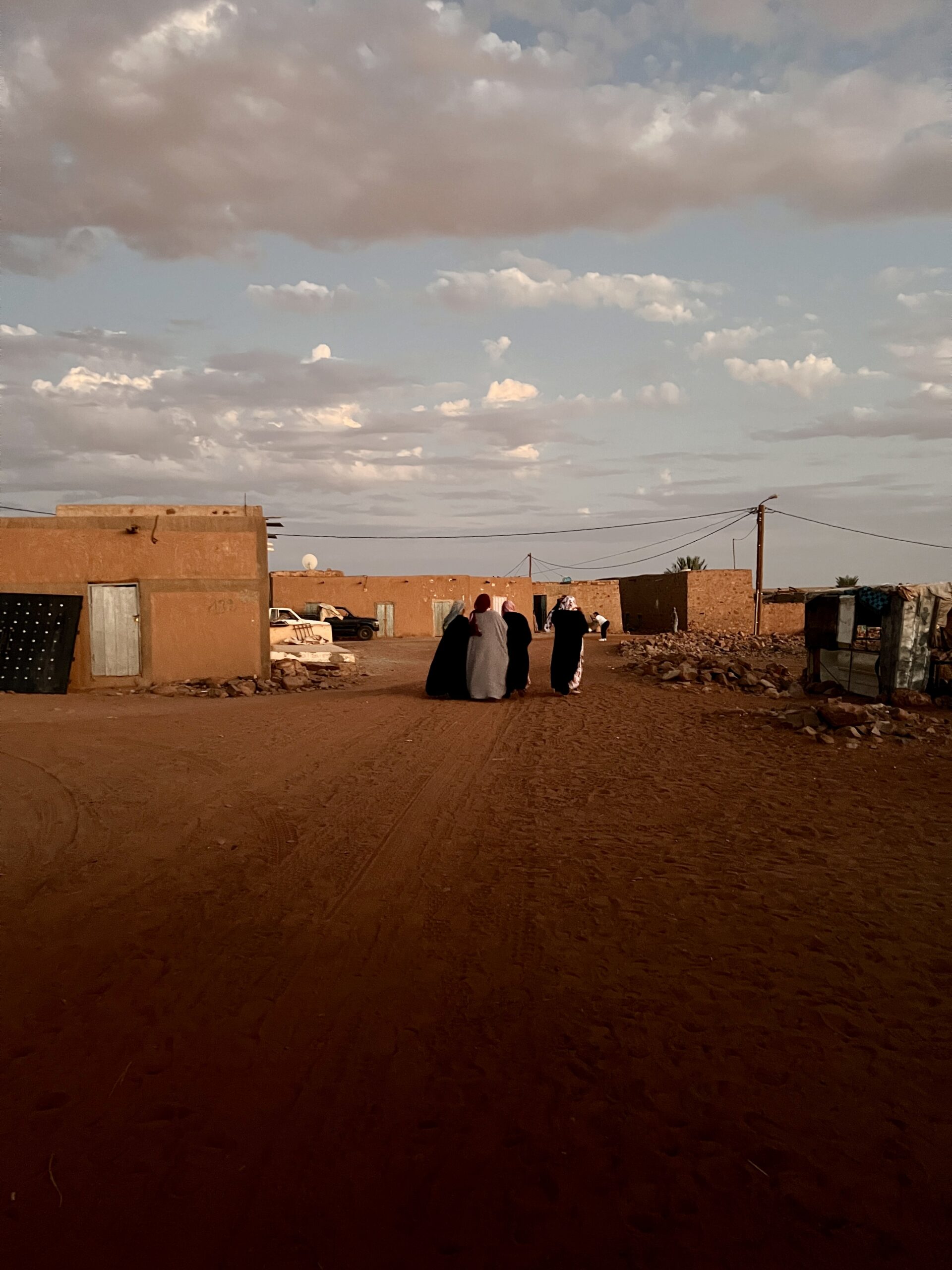
The best time to visit Mauritania is from End of October to March, during autumn and winter. This period offers mild temperatures, avoiding the extremes of desert heat. I do not recommend travelling to mauritania during the summer due to high temperatures.
Mauritania experiences a dry, hot, and windy climate, with little rainfall throughout the year. The ideal time to visit is winter, from December to mid-February, with hot temperatures in the south and mild conditions in the north. Nights in the Sahara can be cold and windy, so pack accordingly. Swimming is possible in winter, though the sea may be cool.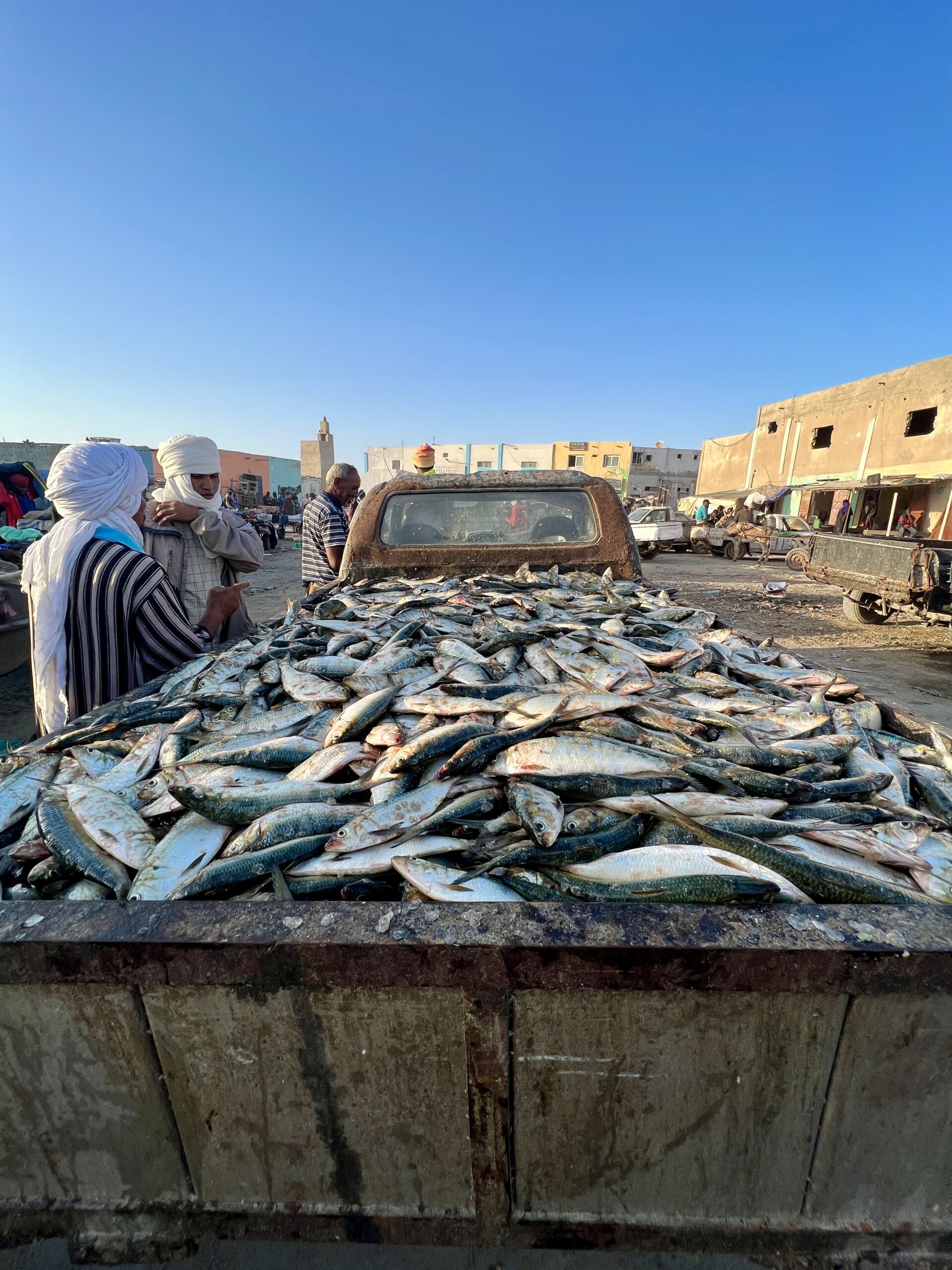
In Mauritania, specifically, the yellow fever vaccination certificate is only required for travelers aged 1 year or older arriving from countries with a risk of yellow fever transmission. Always check a reliable health source for vaccines that you may need when visiting a region and other at-risk countries.
In my opinion, if you are planning to travel in Africa, I would recommend having the Yellow Fever Vaccination certificate as it may be required in some countries. However, always verify with a reliable source or doctor.
Mauritania is a dry country. The sale and consumption of alcohol are against the law, although some restaurants do serve it. Tourists may still find beer available in the capital’s restaurants, and it will be very expensive. During my travel to Mauritania, I found one Spanish restaurant in Nouadhibou that sells Beer for 15 Euros a pint.
Arabic is the official language of Mauritania, while French is also widely spoken, especially in business and government sectors. Additionally, various local languages such as Hassaniya Arabic, Pulaar, Soninke, and Wolof are spoken by different ethnic groups across the country.
Mauritania offers a unique and diverse range of attractions for tourists, including ancient cities, stunning desert landscapes, and vibrant cultural experiences. However, it’s essential to note that tourism infrastructure in Mauritania is still developing, and travel to certain areas may require careful planning and consideration of safety factors. Overall, for adventurous travelers interested in exploring off-the-beaten-path destinations, Mauritania can be a rewarding and memorable experience. If you need further information about Tours in Mauritania, please feel free to contact us.

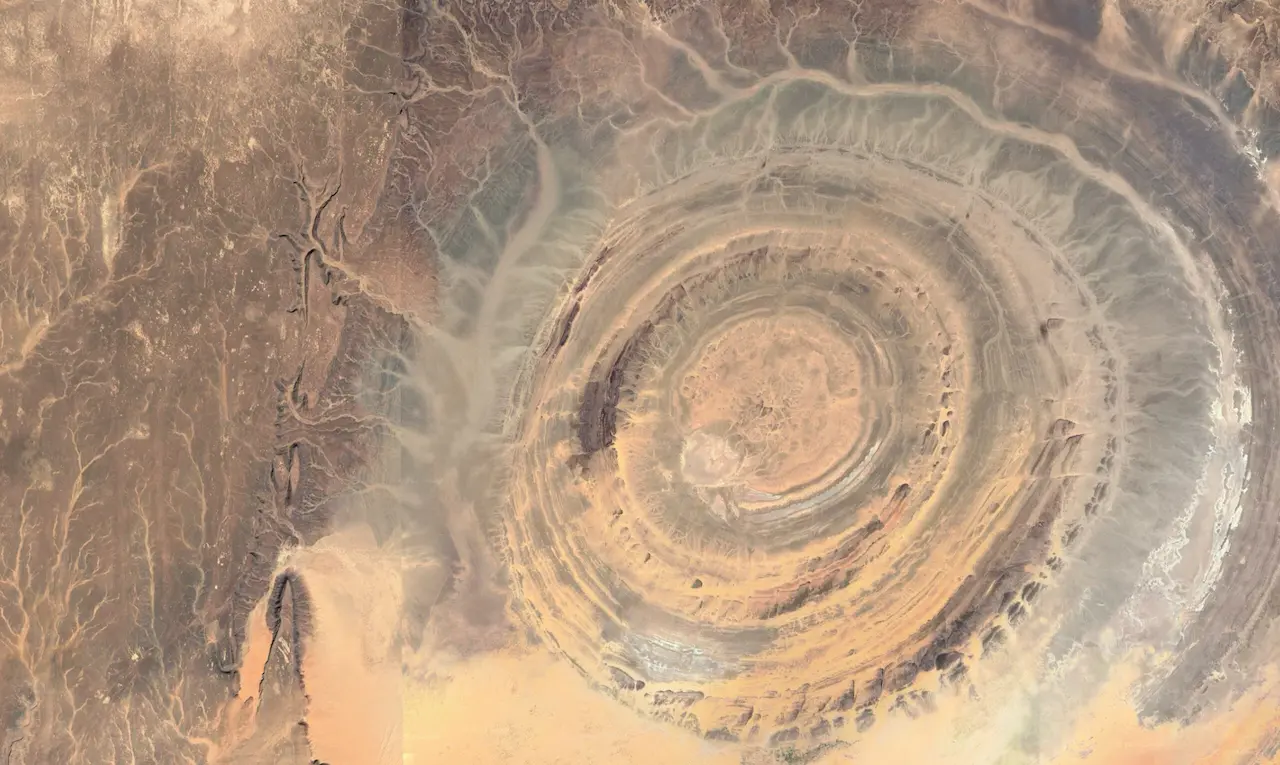
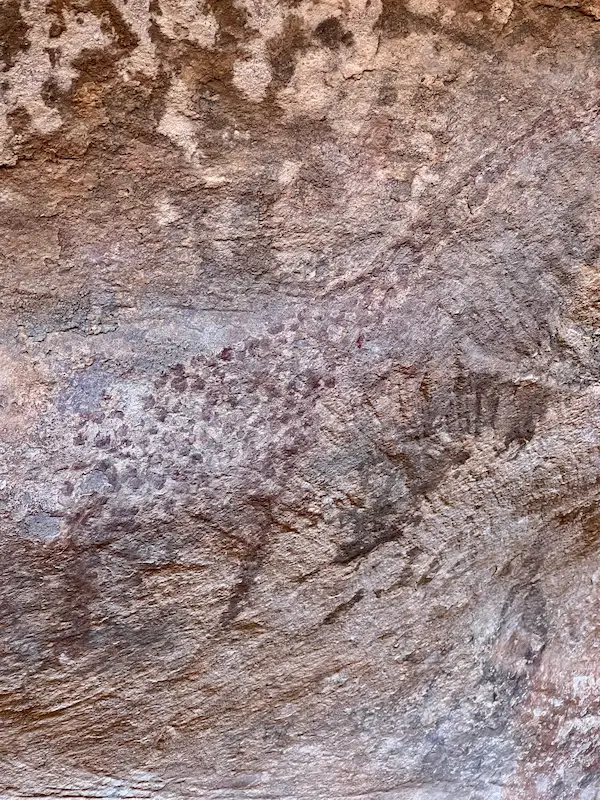
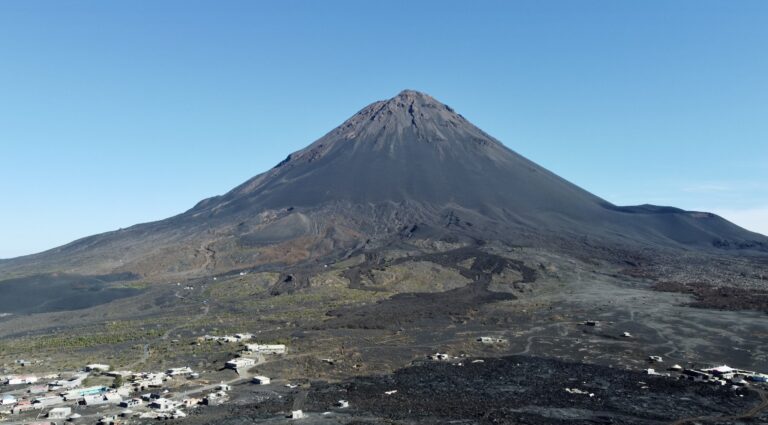
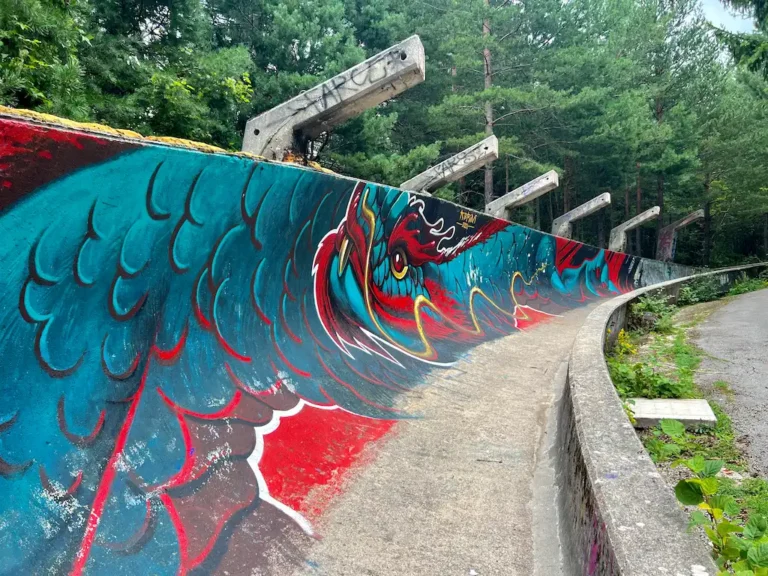


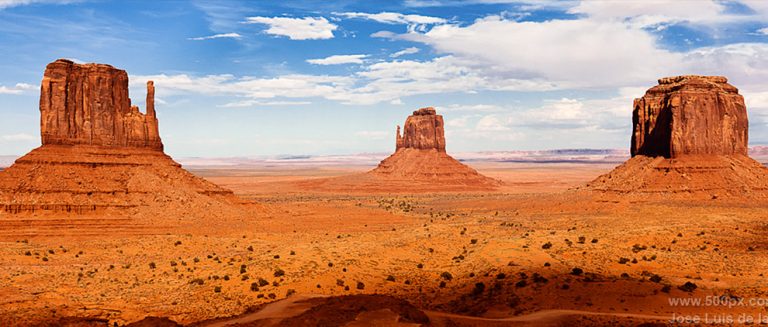
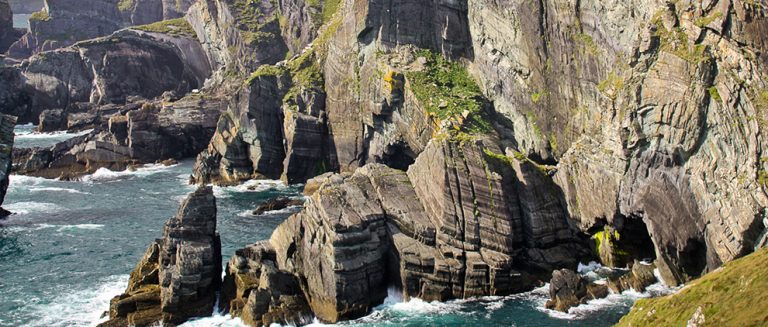
Hi, I loved your blog about the trip to Mauritania. We are looking to do a mix of the iron ore train and immersing ourselves in the local culture. The ideal trip for us would include Terjit, Richat structure, and riding the iron ore train.
Are there any tour guides that you would recommend ? We see a bunch of websites, but unclear on which one really works